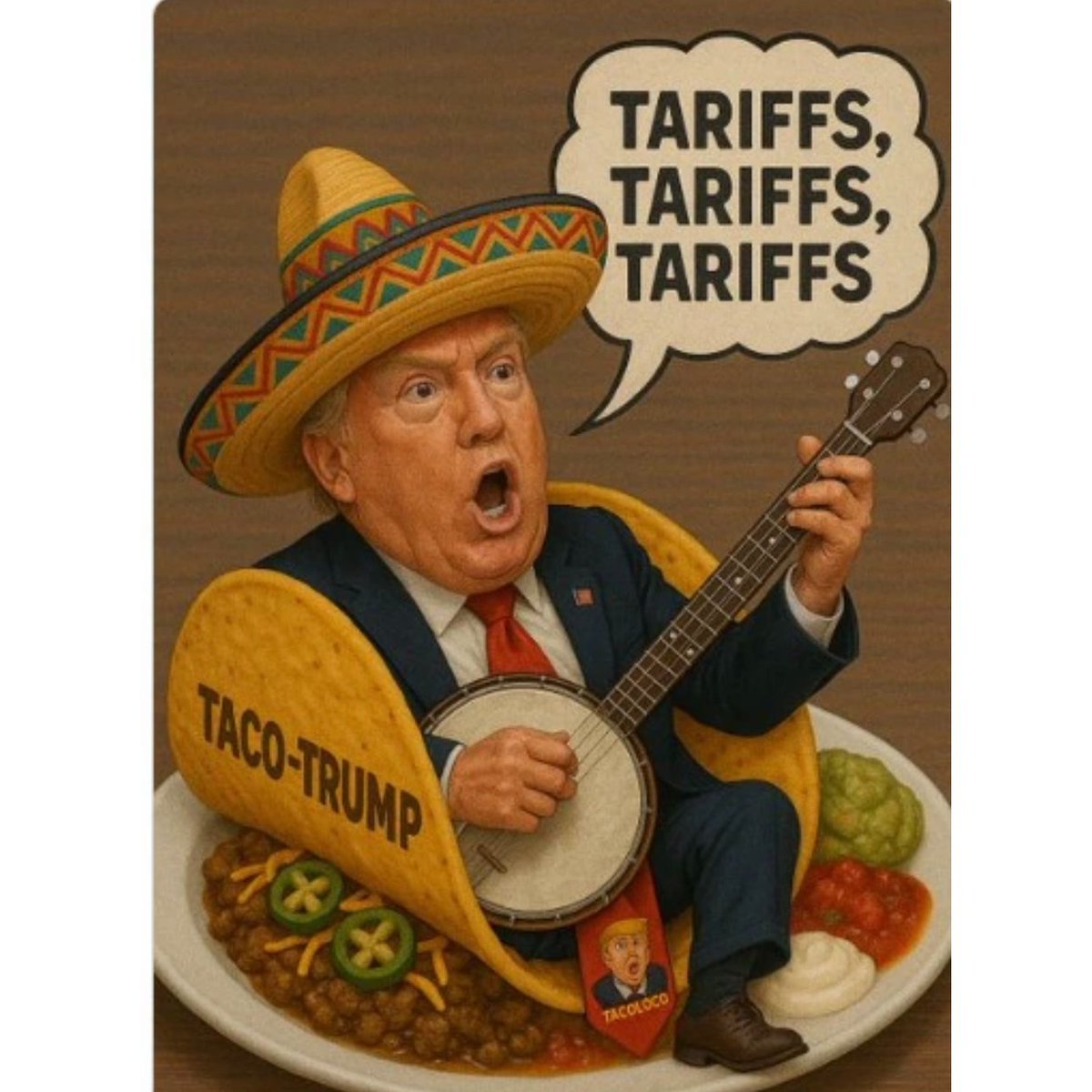SCO Summit 2025: A Defining Moment for the Global Order. The world supports India while USA becomes restless
.
.
.
.
.
.
.
.
.
.
.
Read the entire post to know the latest developments
.
.
.
.
.
.
.
.
.
.
.
Read the entire post to know the latest developments

The year 2025 has already witnessed one of its most defining moments — the Shanghai Cooperation Organization (SCO) Summit. What is unfolding here has shaken not only Asia but also the entire global order. The Western media, visibly rattled, has been mourning in chorus, while Washington’s own trade advisor, Peter Navarro, has gone so far off script that his comments have raised eyebrows across the world. In a bizarre outburst, Navarro alleged that “Indian Brahmins are profiteering from refining Russian oil.” The frustration is evident: the United States never expected India to hit back this strongly — and now Washington is left with no real cards to play.
From the very beginning of this summit, the optics have been striking. Viral videos show Prime Minister Narendra Modi engaging openly with Presidents Vladimir Putin and Xi Jinping, while Russia’s Ministry of Foreign Affairs proudly declared it the “Video of the Day.” The symbolism is unmistakable: three of the world’s most powerful leaders setting aside differences to present a united front — precisely what Western analysts once dismissed as impossible. For Moscow and Beijing, it is a statement of defiance; for India, it is a declaration of strategic independence.
Meanwhile, Pakistan’s Prime Minister Shehbaz Sharif has become the subject of ridicule online. From being snubbed by Xi Jinping on Day One to awkwardly trailing behind Modi and Putin on Day Two, his appearances have triggered a flood of memes. What Western capitals once celebrated as a “frontline ally” now finds itself reduced to comic relief at a historic summit.
But beneath the satire lies a serious development. For the first time, the SCO has issued a unanimous condemnation of the Pahalgam terror attack in Kashmir — a major diplomatic victory for India. Even voices traditionally skeptical of New Delhi, such as Taiwan-based analyst Sana Hashmi, acknowledged the significance: few would have imagined the SCO condemning an attack tied so closely to Pakistan’s networks. This resolution not only isolates Islamabad but also exposes Washington’s hypocrisy — the same America that patted Pakistan’s Army Chief on the back after the attack now finds itself contradicted by an entire Eurasian bloc.
Adding to the discomfort in Washington is Prime Minister Modi’s deliberate symbolism. As Western media sneered about India “being in bed with dictators,” Modi doubled down — sharing warm images with Belarus’ Alexander Lukashenko and amplifying his camaraderie with President Putin. The message is clear: India will not be lectured on democracy by those who themselves arm and enable regimes across the globe.
China, too, has played its cards shrewdly. By bringing India and Russia closer within the SCO framework, Beijing has positioned itself as a unifier against U.S.-led pressure. The Wall Street Journal recently admitted that three of the world’s four most powerful leaders — Modi, Putin, and Xi — are increasingly aligning. That alignment was on full display at Tianjin, where Modi and Xi agreed to push forward
At the heart of it all lies Washington’s dilemma. Having gone all-in on tariffs and coercive diplomacy, the U.S. now finds itself isolated and reactive. Navarro’s caste-based jibes and outlandish accusations only underline the desperation. The West wanted to sideline Putin; instead, he is center stage with Modi and Xi. They wanted to pressure India; instead, New Delhi has emerged more assertive, winning both diplomatic and symbolic victories at the SCO.
As Prime Minister Modi put it during his remarks on terrorism:
“This attack was not just an assault on India’s conscience but a direct challenge to humanity itself. We must say clearly and in one voice — no double standards on terrorism will be acceptable.”
“This attack was not just an assault on India’s conscience but a direct challenge to humanity itself. We must say clearly and in one voice — no double standards on terrorism will be acceptable.”
Those words resonated far beyond the summit hall. For the Global South, they signal that a new order is not just being imagined — it is being built. For Washington and its allies, they serve as a sobering reminder: the days of unquestioned dominance are over.
The SCO Summit of 2025 will be remembered not just for the handshakes and the memes, but for the moment when India, Russia, and China together declared — the world will no longer be dictated to by the West.
• • •
Missing some Tweet in this thread? You can try to
force a refresh











